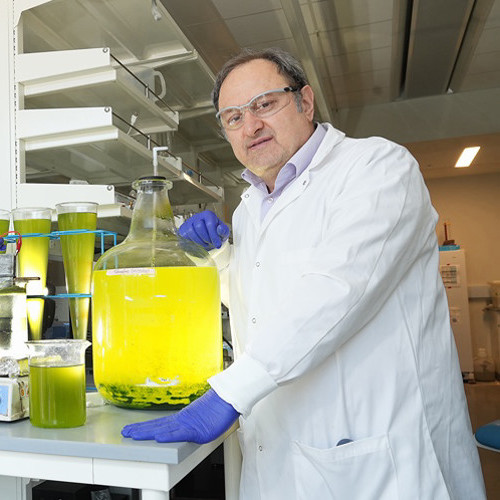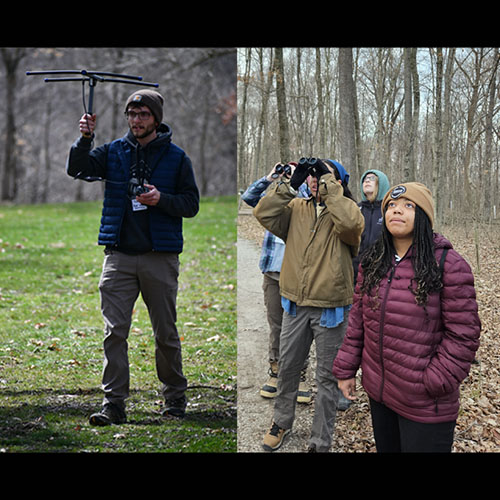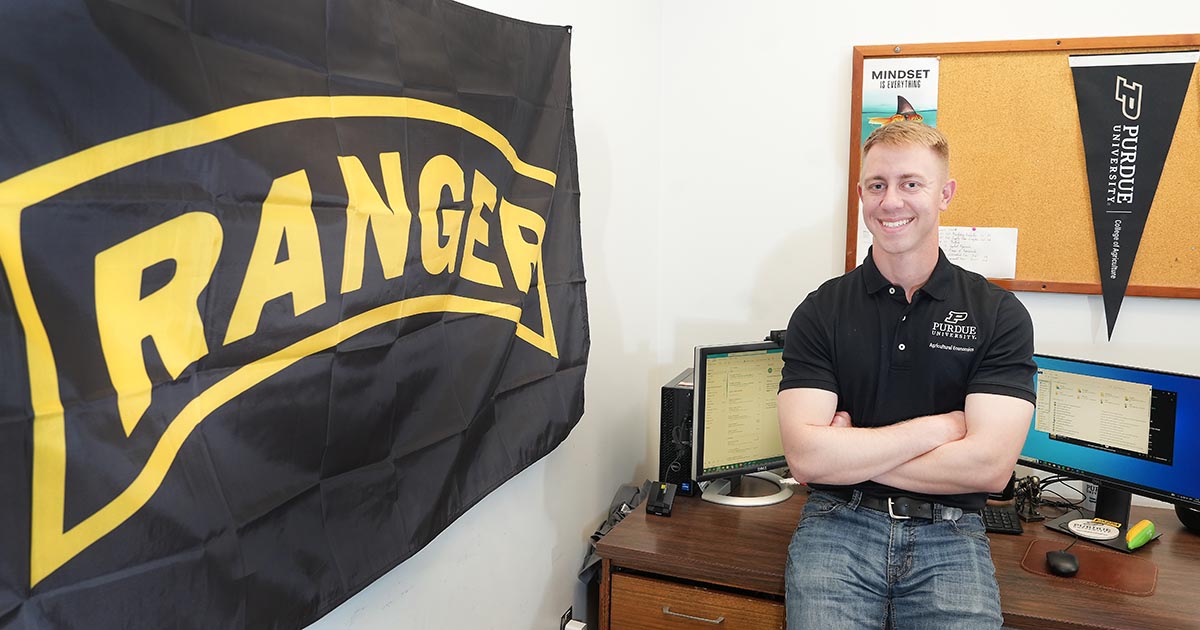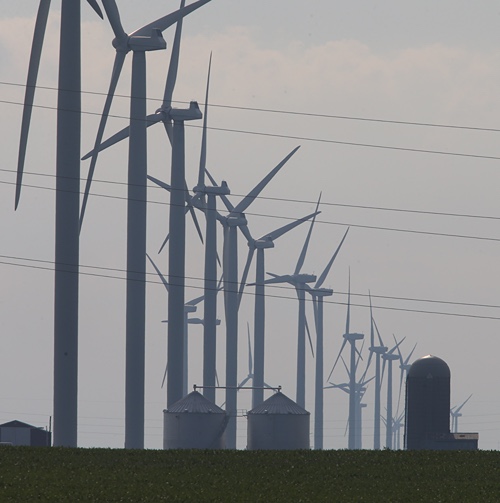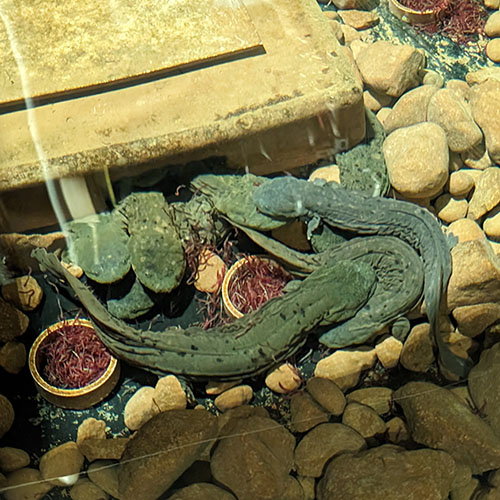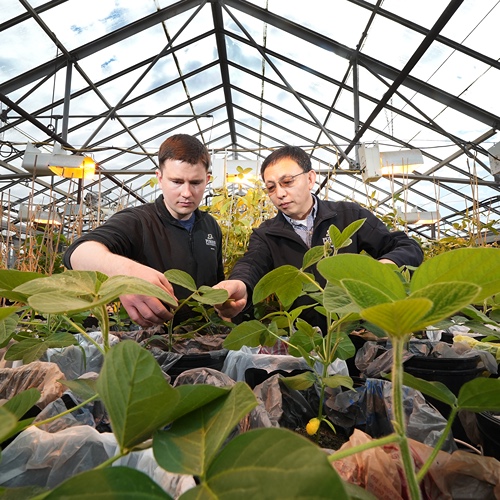The Max and Phyll Ann Judge Meat Science and Muscle Biology Endowed Fund is an unrestricted fund for Purdue University’s meat science and muscle biology research program in the department of animal sciences. The fund was developed to honor Dr. Max Judge by supporting the advancement of the meat science program and its research, equipment, students, and faculty with the goal of continual innovation and enhancement.
Judge earned his Bachelor's degree from Purdue Animal Sciences. After earning his degree, he served as an officer in the U.S. Army Corps of Engineers from 1954 to 1956. Following his time in the army, he earned his Master’s at The Ohio State University. He then returned to Purdue to earn his Ph.D. in animal physiology.
Judge was a full professor for 27 years at Purdue. During this time, he developed and taught the first meat science courses offered at Purdue. The courses he developed still remain in the curriculum. Along with teaching, he performed research that led to improved meat quality of pork. Judge served as an interim head of Purdue’s Department of Animal Sciences and served as a major advisor to 30 graduate students.
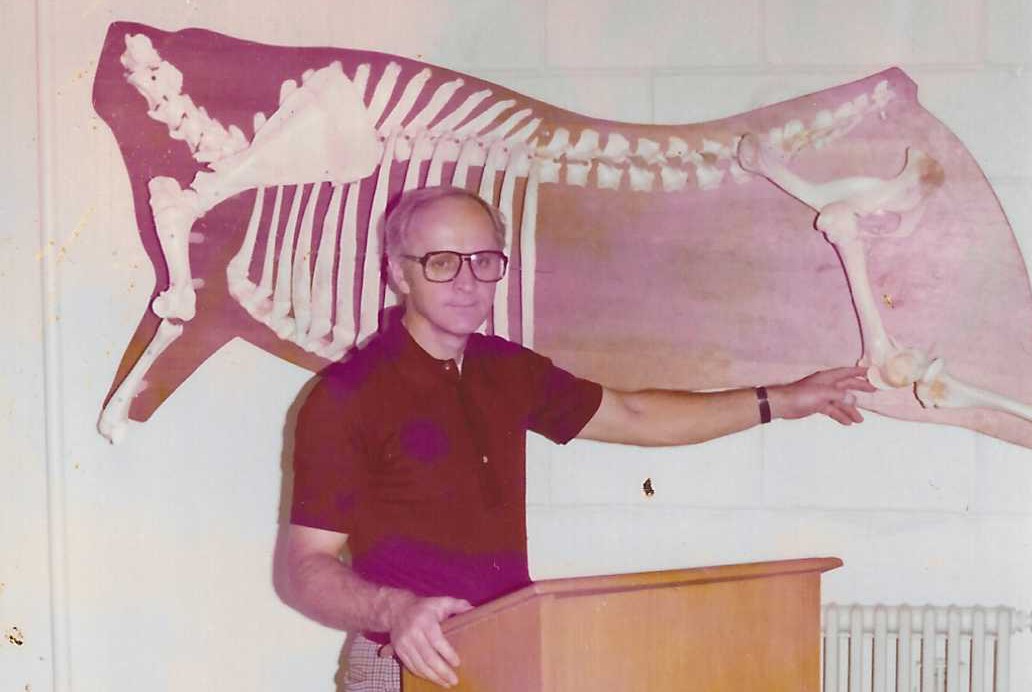 Max Judge in Purdue University's first meat science classroom.
Max Judge in Purdue University's first meat science classroom. 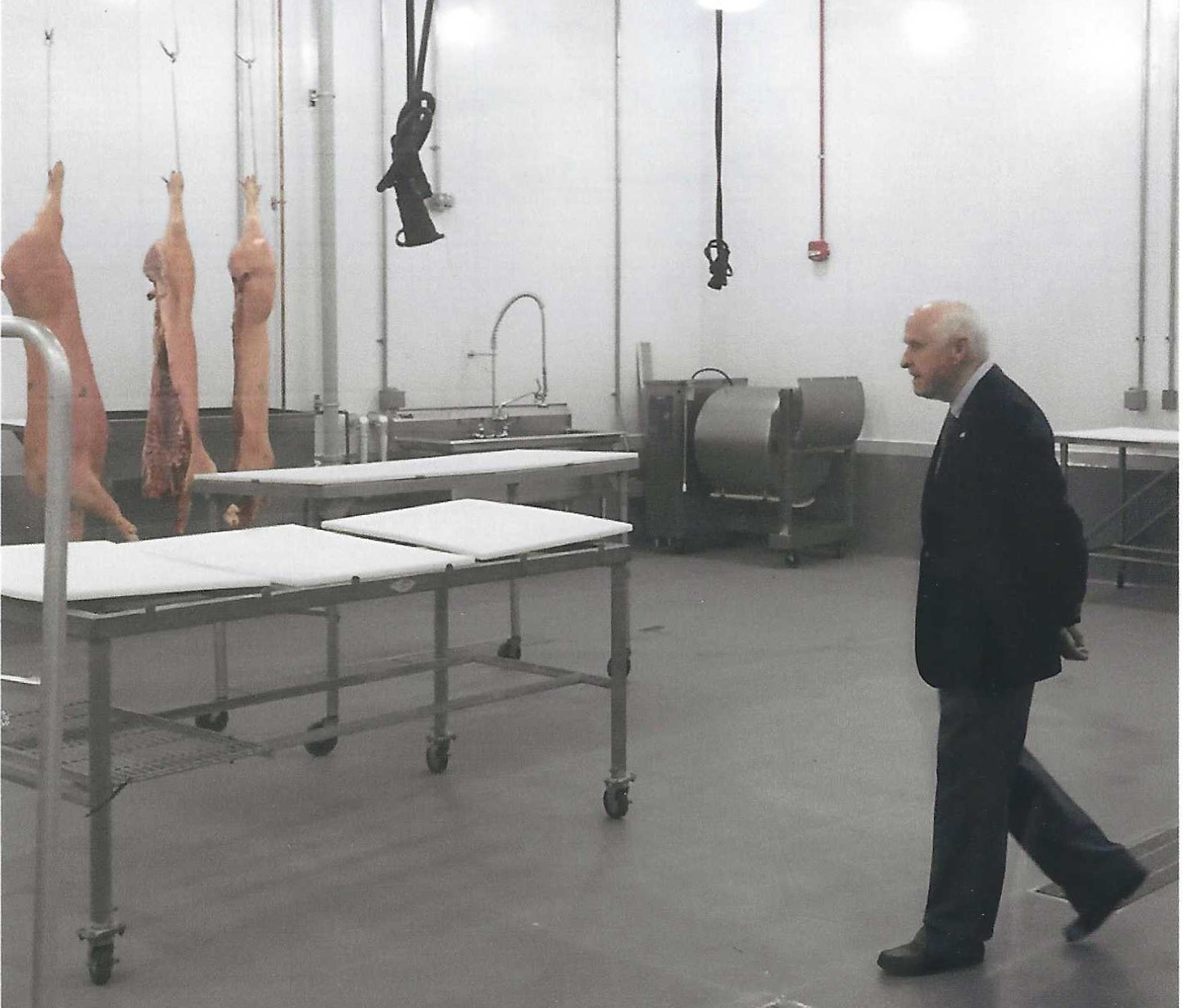 Max Judge touring the Max Judge Classroom for Meat Science and Muscle Biology.
Max Judge touring the Max Judge Classroom for Meat Science and Muscle Biology. 